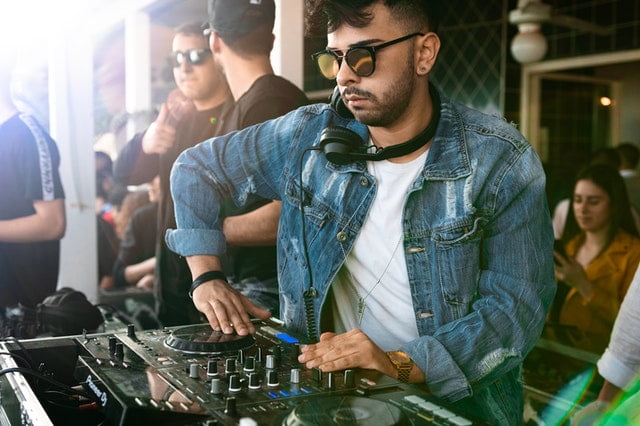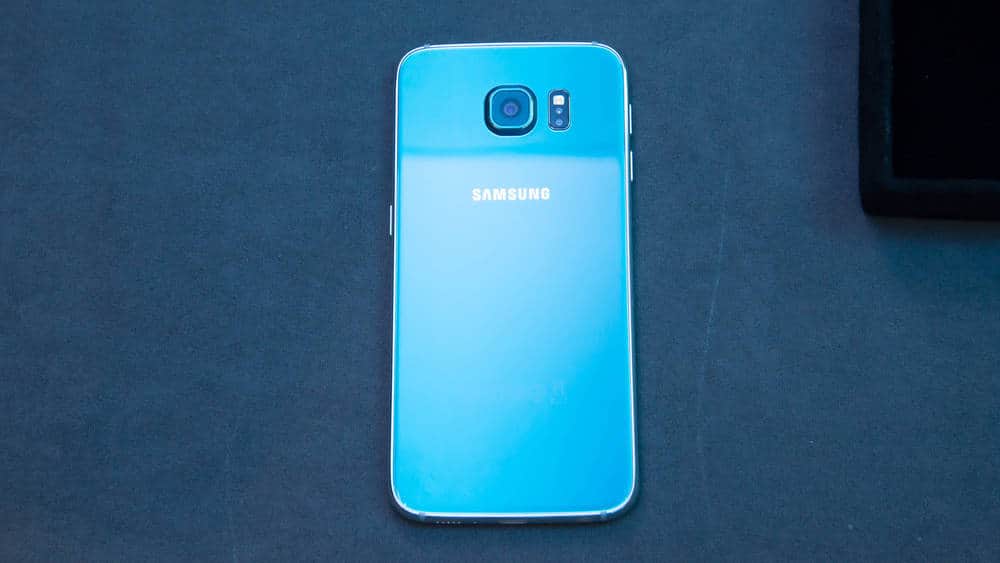As an up and coming DJ, knowing where to start with DJ equipment can be tricky. There’s no shortage of affordable DJ finance options available, but deciding on the right gear for you personally isn’t always easy.
Wherever you see yourself several years from now, getting things off to the best possible start is essential. With this in mind, here are five essential tips for selecting DJ equipment as a future superstar in the making:
Tip 1: Embrace Digital Media
Right off the bat, you’ll find it initially easier (and more affordable) to start out as a digital DJ. It may be tempting to go the traditional turntable route, but you’ll end up needing a much larger and more complicated rig to get the job done. The vast majority of pro DJs have long since embraced the benefits of digital media. Follow their example for a simple, accessible and affordable start.
Tip 2: Invest in a Quality Controller
The controller you choose will more or less become the centre of your entire digital DJ operation. Hence, this is one part of your rig you need to take extremely seriously and under no circumstances compromise on quality. If your budget doesn’t quite stretch to the controller you’d like, consider 0% DJ finance options rather than selling yourself short.
Tip 3: Make Sure Your Headphones Are up to Scratch
The importance of quality DJ headphones lies in the fact that you’ll be relying on them day in and day out to monitor the music and/or mixes you’re making. If your DJ headphones are not up to scratch, the rest is largely inconsequential. On the plus side, picking up a seriously top-shelf set of headphones these days doesn’t have to mean paying over the odds. Even market-leading brands like Pioneer DJ have extensive collections of affordable DJ headphones to check out.

Tip 4: Don’t Forget the Visuals
Much of the experience at a live show is visual in nature. It’s mostly about the music, but the visual elements of your live performances will also play a major part. This is where quality DJ lighting and other standards like lasers, fog machines and so on come into the equation. All of which can be surprisingly affordable, yet can make the difference between an amateurish performance and something seriously polished and professional.
Tip 5: Never Cut Corners on Your PA System
Last up, the importance of setting yourself up with a good PA system cannot be overstated. The last thing you want is for the quality of your music to be compromised by a PA system that just isn’t up to the job. Selecting a PA system means first taking into account the types of venues you intend to play and their size. Not to mention, the logistics of transporting your PA system around and its portability. You can’t always count on the venues you play to have their own in-house PA system, so it’s worth setting yourself up with your own gear.



